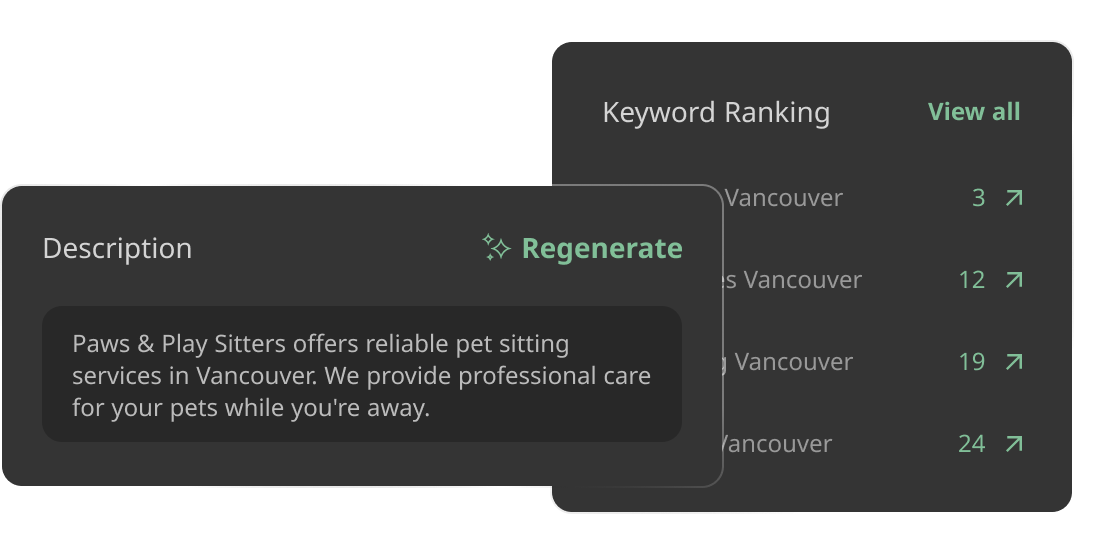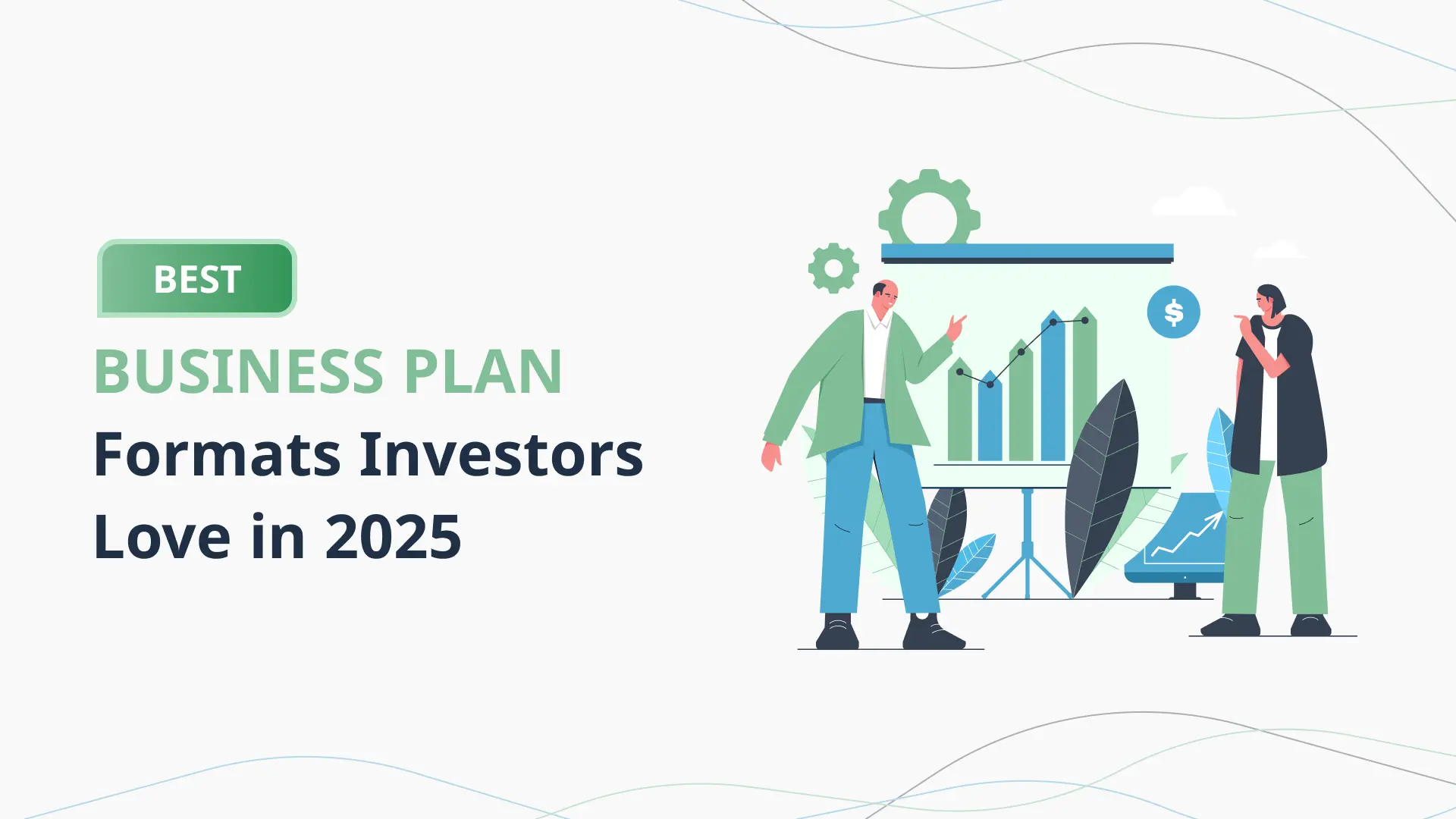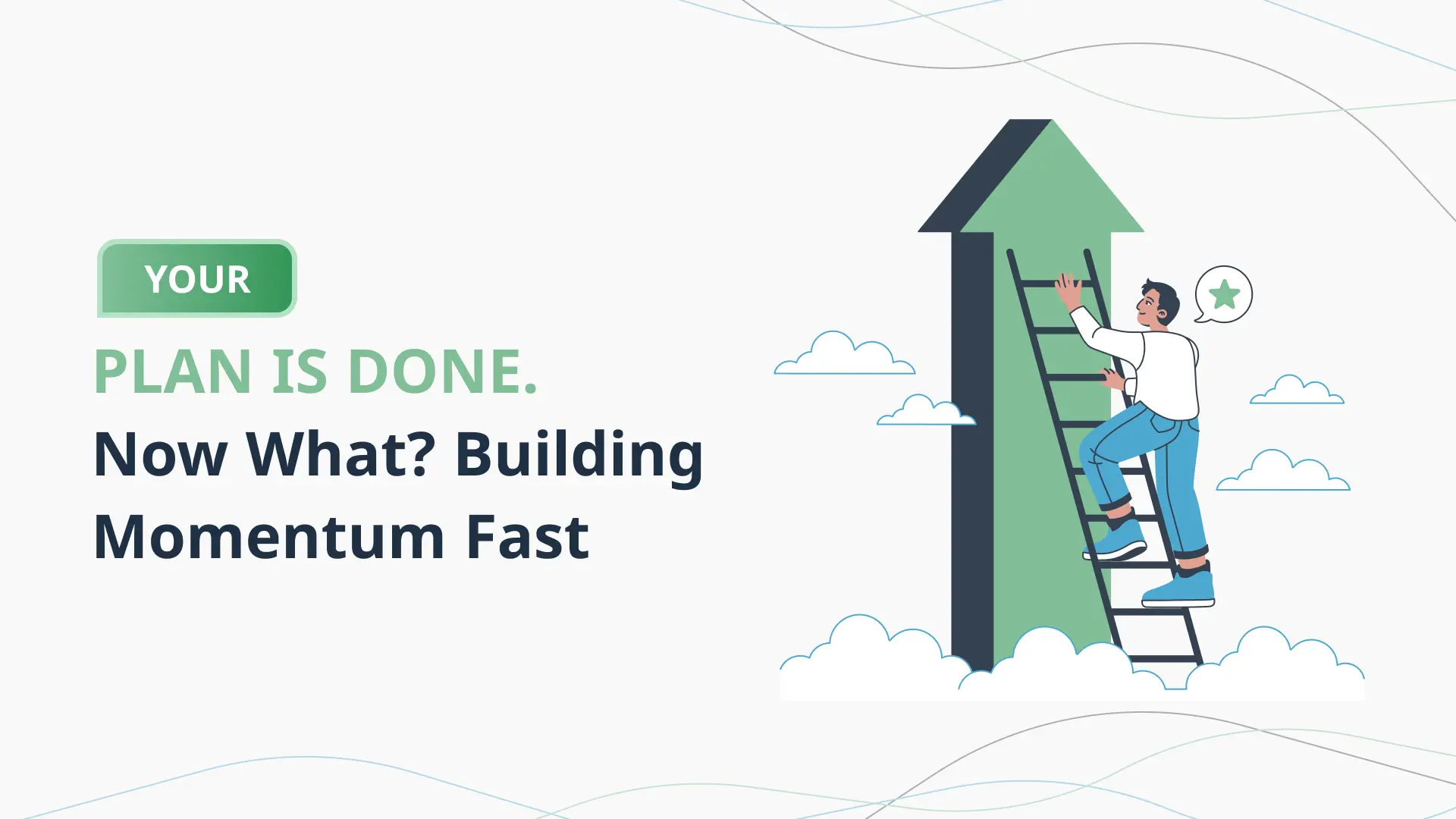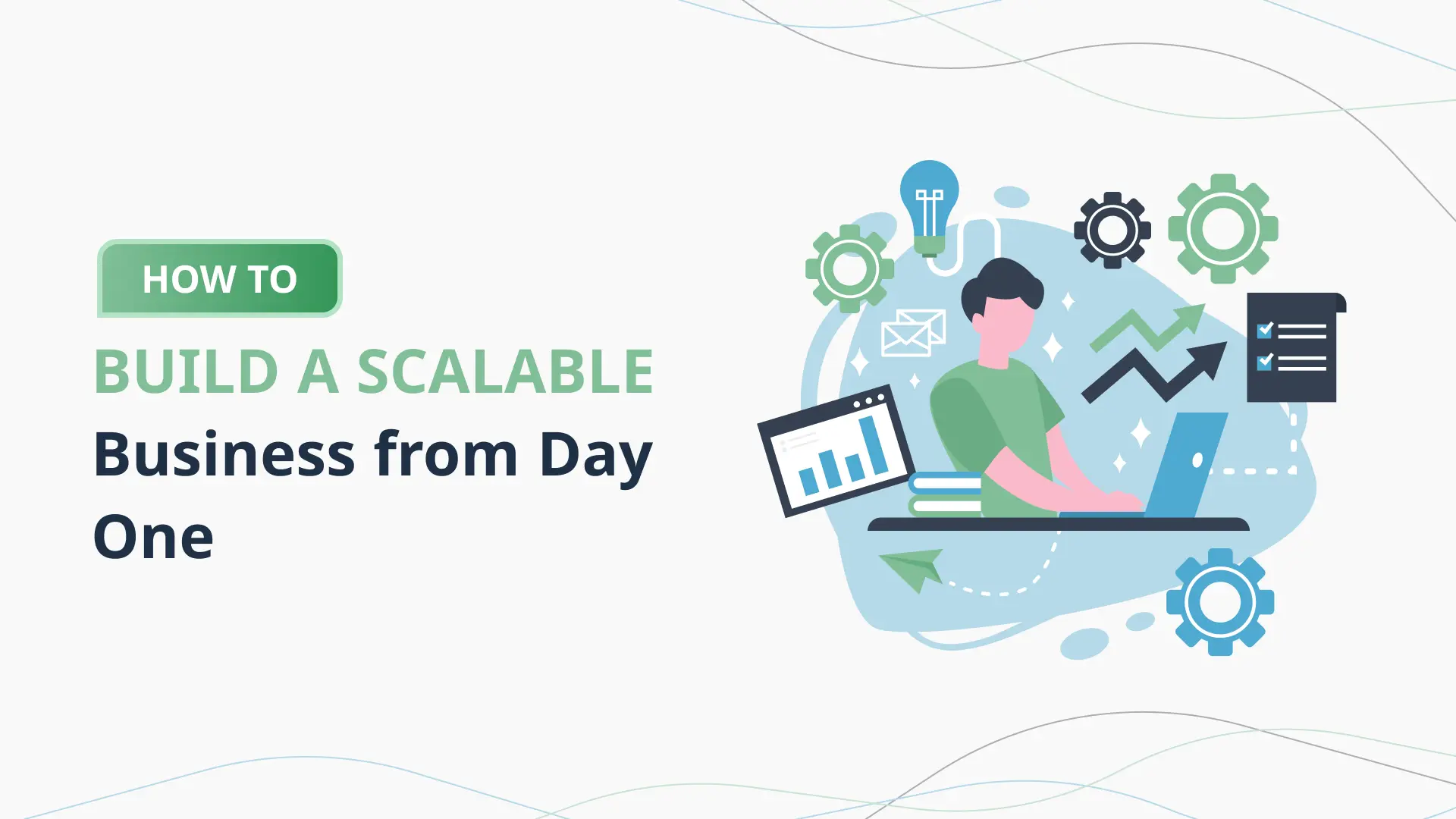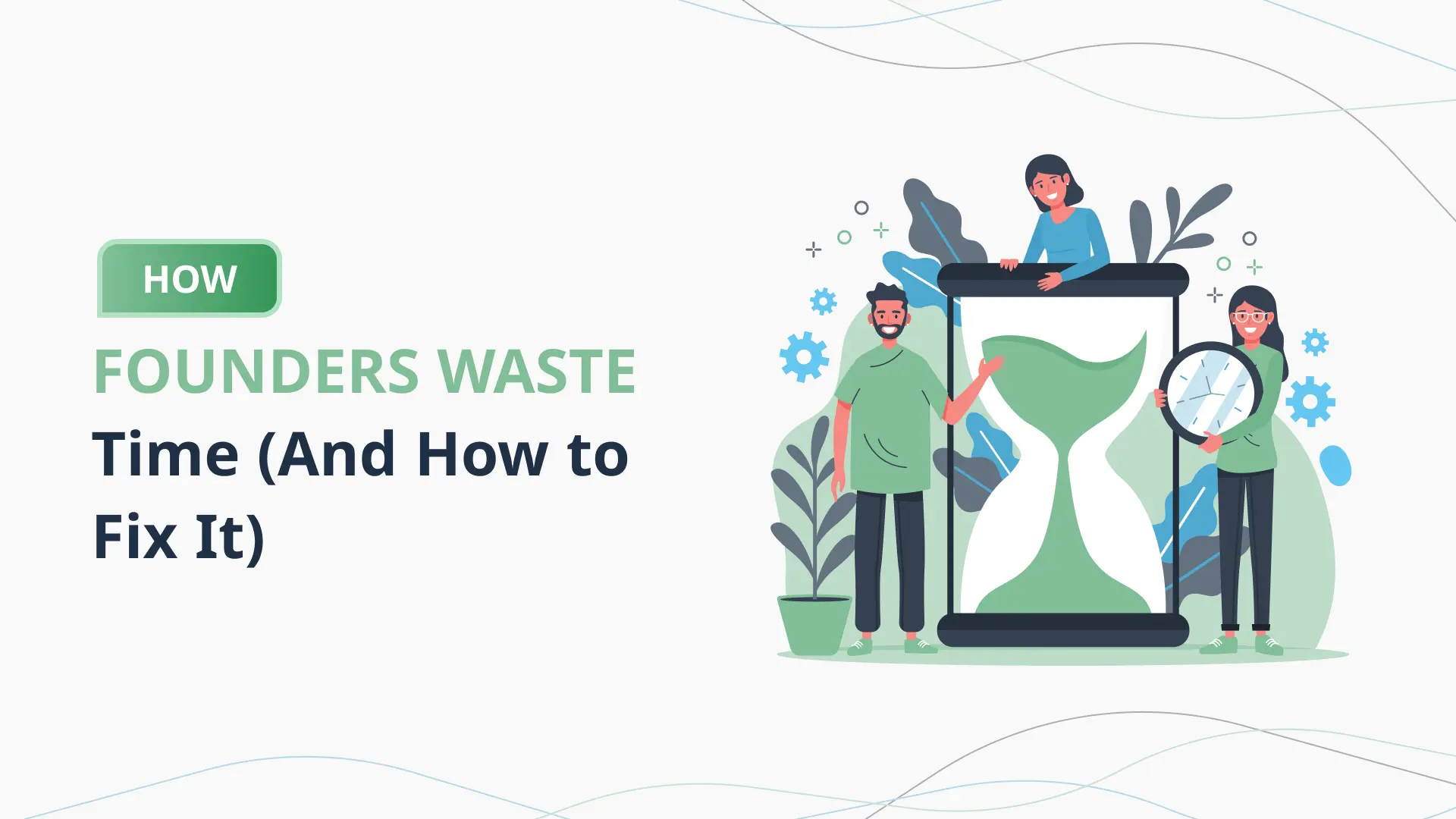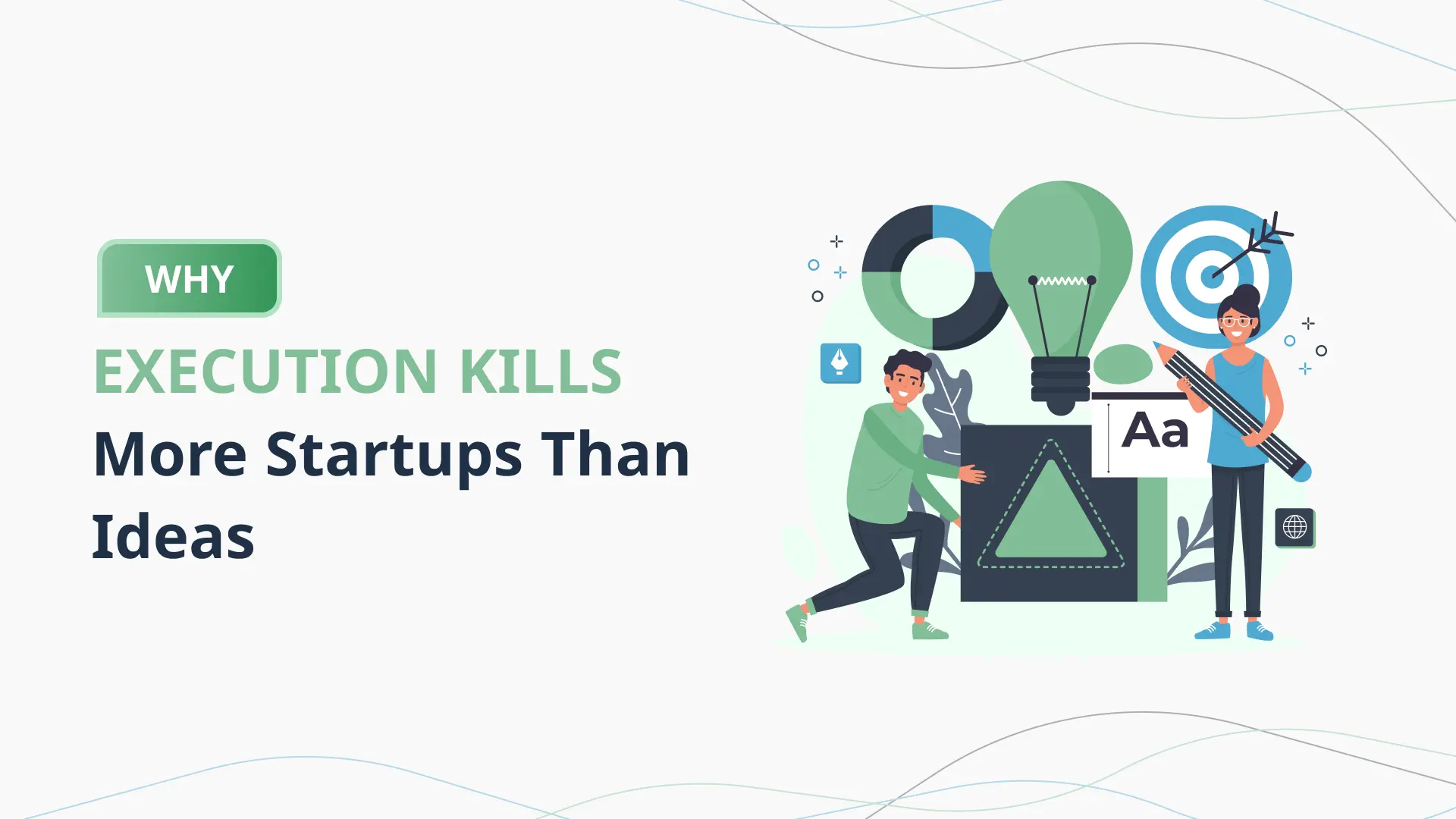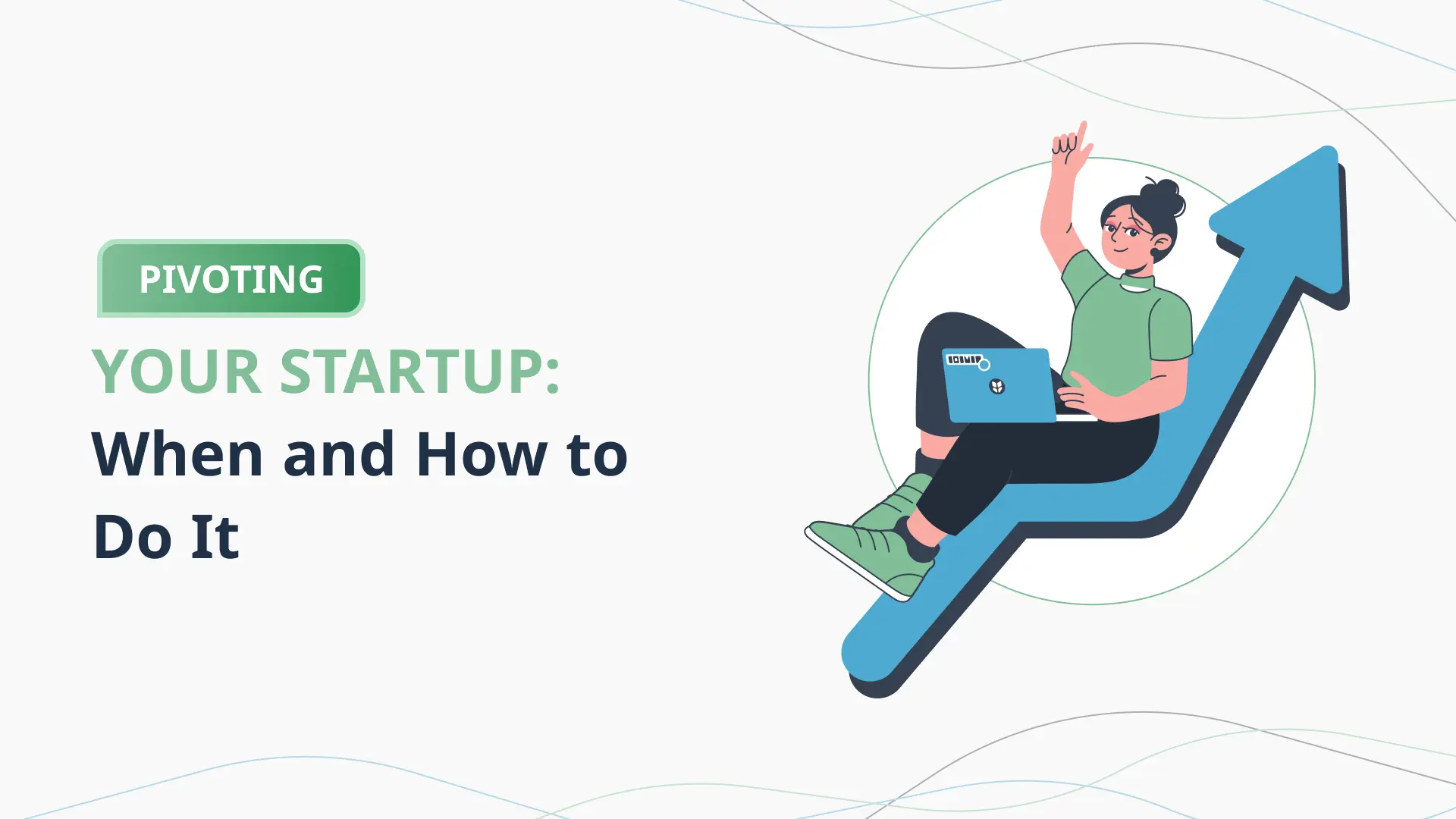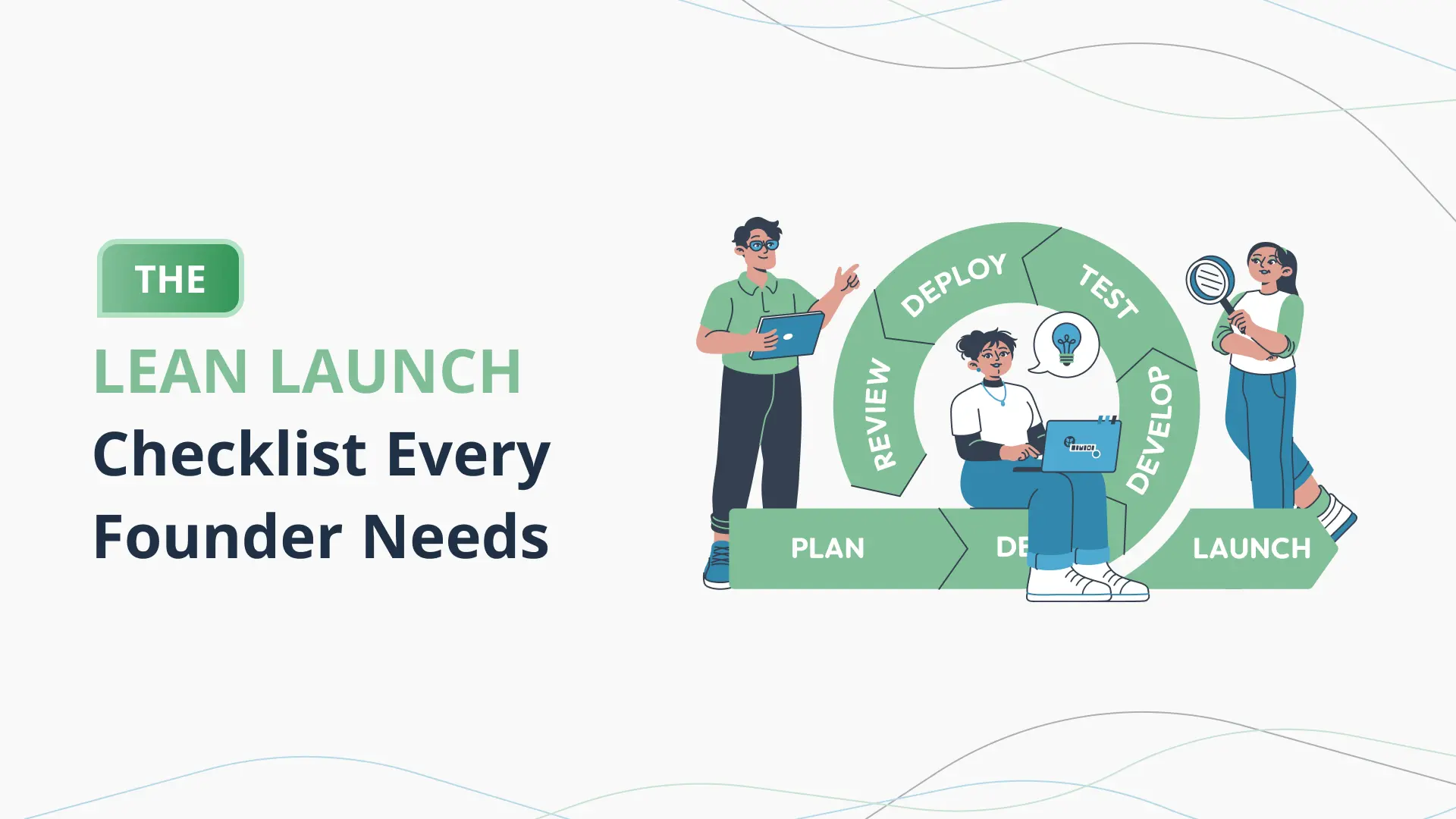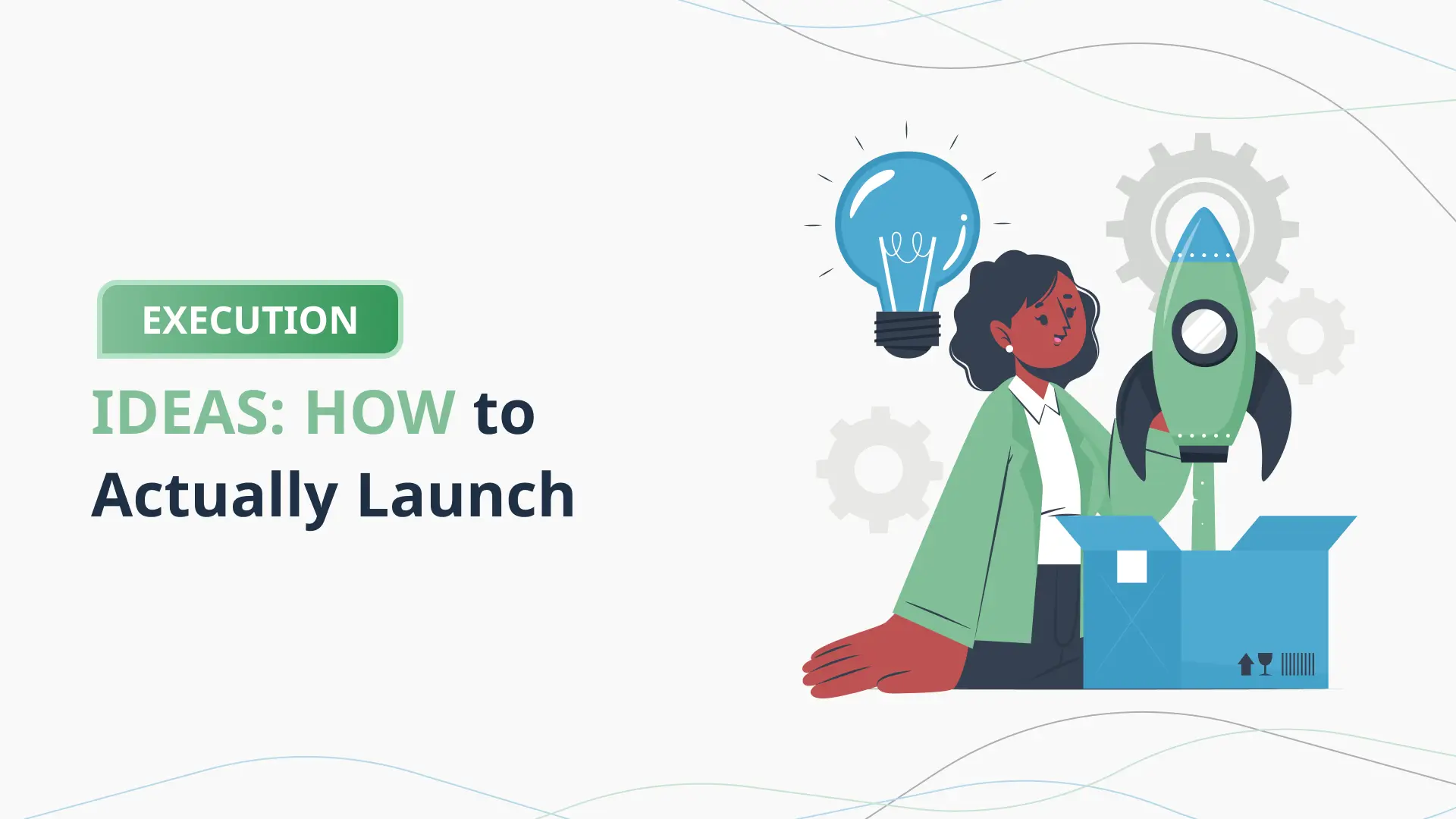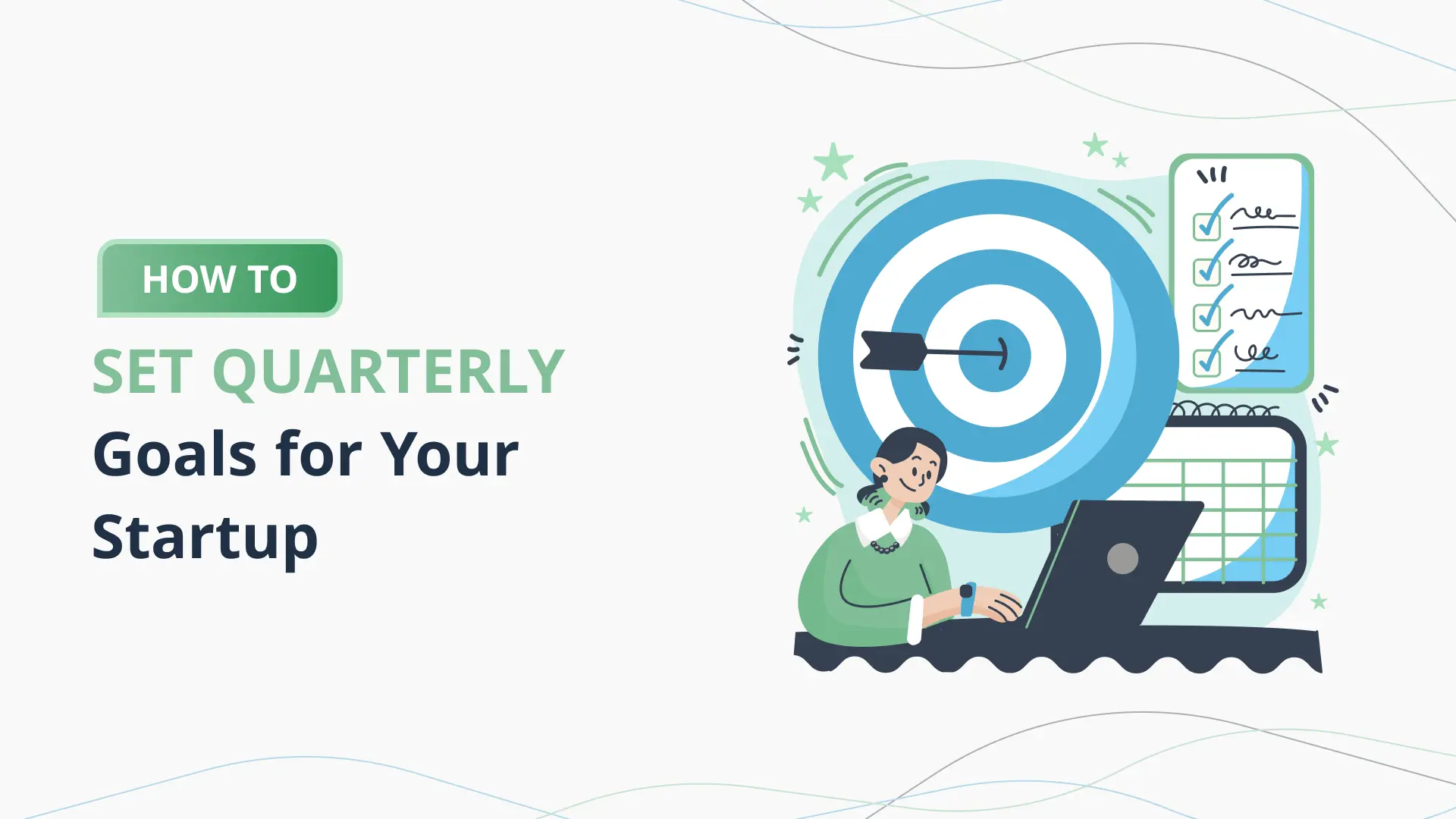The Future of Business Planning Is AI-Assisted
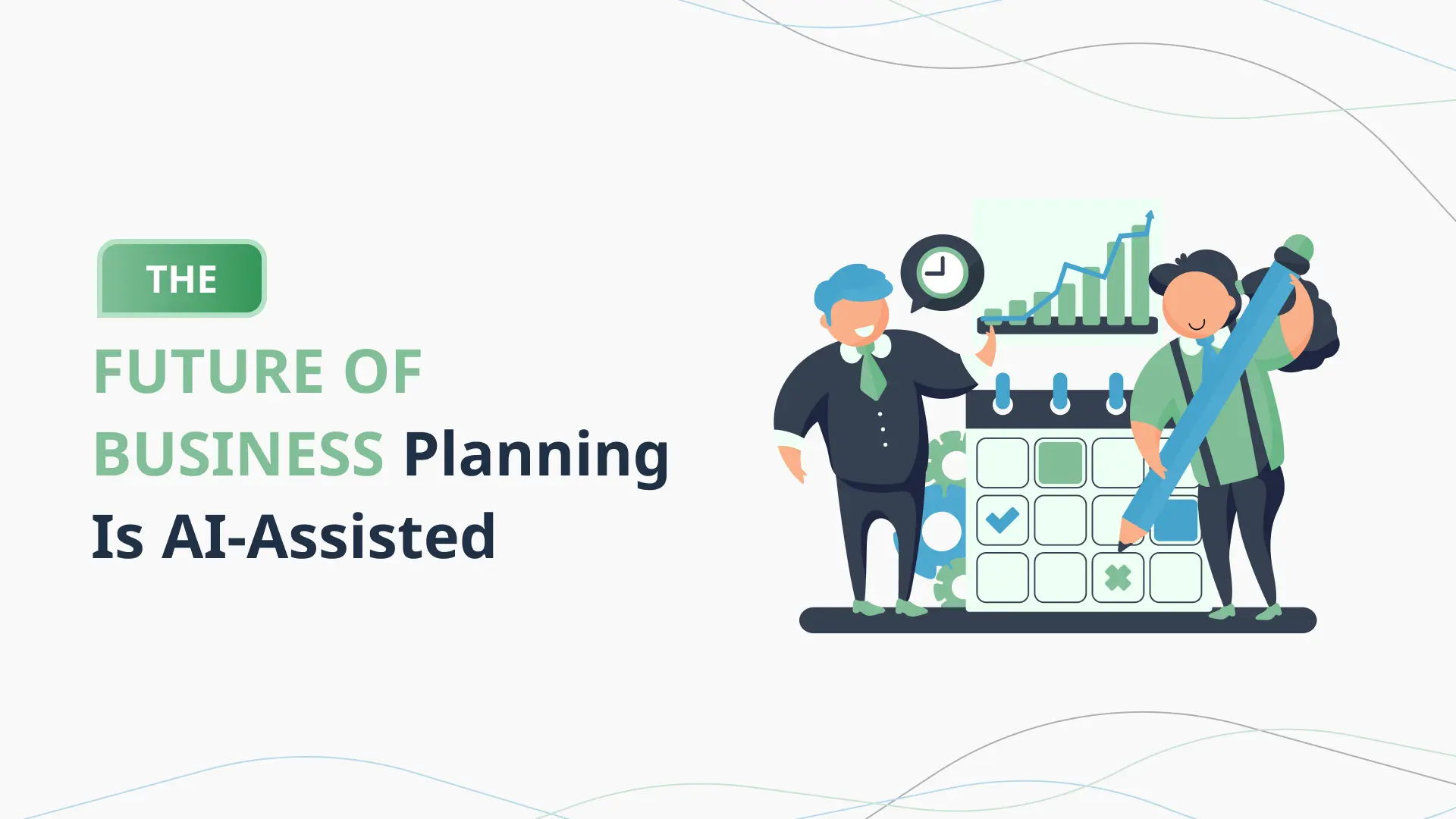
Introduction
In the fast-paced and ever-evolving world of entrepreneurship, the line between success and failure often comes down to preparation. At the heart of this preparation lies a business plan—a comprehensive document that outlines a company’s goals, strategies, market analysis, and financial forecasts. But creating a compelling and data-driven business plan has traditionally been an arduous process, requiring time, expertise, and often a considerable budget. That’s all starting to change. Welcome to the era of AI-assisted business planning.
Artificial intelligence is transforming how we live and work, and business planning is no exception. Once reserved for enterprises with deep pockets and large teams, AI technology has become more accessible, empowering solo entrepreneurs and lean startups to compete on a much larger scale. AI business plan tools are stepping in as the intelligent co-pilot, capable of crunching data, suggesting strategies, and generating polished business documents—all in a matter of minutes.
Imagine being able to analyze your market, benchmark against competitors, model financial scenarios, and get actionable insights, all without needing an MBA or a team of analysts. AI makes this possible. The future of business planning is not just faster and more efficient—it’s smarter. With machine learning algorithms and natural language processing, AI tools can now understand the nuances of your business idea and help refine it into a robust, investor-ready blueprint.
One such breakthrough is the PlanVista app—a next-generation AI business plan generator designed to streamline the entire planning process. Whether you’re launching a tech startup, opening a boutique coffee shop, or seeking funding for a nonprofit initiative, PlanVista adapts to your unique needs and guides you through each step with precision. The app simplifies complex tasks such as forecasting revenue, calculating break-even points, and identifying key performance indicators (KPIs). The result? A dynamic, comprehensive, and professional business plan in a fraction of the time it would traditionally take.
But the impact of AI in business planning goes beyond convenience. It levels the playing field. With tools like PlanVista, first-time entrepreneurs and underrepresented founders can access the same quality of planning and strategic foresight as seasoned executives. It reduces the barrier to entry and democratizes entrepreneurship, making it more inclusive and innovation-driven.
In this blog, we’ll explore how AI is reshaping the business planning landscape. We’ll dive into the challenges of traditional methods, showcase real-world applications of AI in planning, and highlight the practical advantages of using an AI business plan tool. We’ll also examine how PlanVista stands out in this evolving ecosystem and why it’s fast becoming the go-to startup planning tool for modern entrepreneurs.
Whether you’re building your first company or scaling your tenth, understanding and leveraging AI in your planning process is no longer optional—it’s essential. The future is AI-assisted, and it’s already here. Let’s explore how you can make the most of it.
The Challenges of Traditional Business Planning
Real-World Applications of AI in Business Planning
The rise of AI is not just theoretical—it’s already reshaping how businesses across industries approach their planning strategies. From solo entrepreneurs to growth-stage startups, AI-driven tools are solving real problems and offering tangible advantages. Let’s explore how AI is being applied in practical, everyday scenarios of business planning.
Consider a first-time entrepreneur launching an online subscription box service. Traditionally, this individual would have to manually research industry trends, analyze competitors, estimate market demand, and build a detailed financial model. With an AI business plan tool like PlanVista, much of this workload is automated. The user inputs key information—such as target audience, pricing, and product types—and the platform generates tailored insights, including market forecasts, customer personas, and cost breakdowns. Within hours, not weeks, the founder has a comprehensive plan ready for investors.
In another example, a small restaurant owner looking to open a second location might struggle with justifying expansion costs or predicting revenue potential in a new area. AI can assist by pulling in demographic data, local competition analysis, and even seasonal sales patterns to help model potential outcomes. These predictive capabilities reduce risk and enable more confident decision-making.
AI is also a game-changer for social entrepreneurs and non-profits. A founder trying to pitch a community wellness initiative to grant organizations may lack the resources to hire a business consultant. With the PlanVista app, they can generate a professional-grade business plan that includes mission statements, impact assessments, and long-term sustainability models—without needing advanced technical skills.
For more advanced startups, AI tools offer features like scenario planning and dynamic updates. Let’s say a tech company wants to compare growth strategies: bootstrapping vs. seeking venture capital. An AI system can simulate financial outcomes for both paths, highlight risks, and recommend the most viable option based on current data. This level of agility empowers founders to adapt plans as their business evolves.
Real-world use cases also highlight the collaborative advantage of AI-assisted planning. In multi-founder teams, AI tools serve as a central hub, allowing everyone to contribute, comment, and iterate on the plan in real time. Version control, historical changes, and document sharing are all streamlined, reducing the friction of collaboration and decision-making.
Moreover, AI helps avoid common pitfalls. Inaccurate revenue projections, overlooked costs, or generic strategies can be flagged and corrected by the system. This safeguard ensures that even novice entrepreneurs can present plans that are polished, credible, and aligned with industry benchmarks.
Beyond startups, even investors and accelerators are embracing AI tools. Reviewing hundreds of pitch decks and business plans can be time-consuming. When founders submit AI-generated plans, these stakeholders benefit from standardized formats, reliable data sources, and better clarity—making evaluations more efficient and fair.
Ultimately, AI is no longer a futuristic concept. It’s being used today by businesses of all sizes to plan smarter, faster, and with greater precision. As the next section will show, the benefits of this technology are substantial—not just in the planning phase, but throughout the entrepreneurial journey.
The Benefits of Using AI-Assisted Planning Tools
AI-assisted planning tools are redefining what’s possible for entrepreneurs. What used to be a slow, error-prone, and intimidating process is now streamlined, intelligent, and accessible. Whether you’re a seasoned founder or launching your very first venture, the benefits of using an AI business plan tool are numerous—and potentially transformative.
1.Speed and Efficiency
One of the most obvious benefits is time savings. AI tools can generate detailed, structured business plans in hours rather than weeks. They automate labor-intensive tasks like market analysis, competitor benchmarking, and financial modeling. Instead of wrestling with Excel spreadsheets or scouring outdated business plan templates, entrepreneurs can focus on refining their ideas and strategies. This speed is especially crucial in fast-moving industries or during tight fundraising windows.
2.Enhanced Accuracy and Data Integration
AI brings precision to the planning process by integrating real-time data sources. Whether it’s industry benchmarks, demographic insights, or historical financial data, AI tools use verified information to create realistic and data-driven projections. This drastically reduces the margin for error and helps build plans that investors can trust. For example, PlanVista leverages machine learning to tailor financial forecasts based on actual market conditions and historical trends—ensuring your projections aren’t just guesses, but grounded in evidence.
3.Customization and Adaptability
AI business plan generators don’t just produce cookie-cutter documents. They can tailor every aspect of a plan to fit your industry, business model, and target audience. Whether you’re a SaaS startup, an eCommerce retailer, or a local service provider, AI adapts its recommendations to fit your specific context. More importantly, these tools allow for dynamic updates. As your business evolves, so can your plan—with just a few clicks, not a complete rewrite.
4.Accessibility for All Entrepreneurs
Traditional business planning tools often require financial knowledge, access to consultants, or expensive software. AI levels the playing field. Now, anyone with a solid idea and basic inputs can develop a professional-grade business plan. This democratization is a game-changer for underrepresented founders, international entrepreneurs, and those without formal business training. The PlanVista app, for instance, is designed to guide users through each step in simple, jargon-free language.
5.Strategic Insight and Smart Recommendations
AI tools do more than document your ideas—they improve them. Built-in intelligence can identify weaknesses, suggest improvements, and highlight opportunities you might have overlooked. Need help refining your value proposition? Want to compare pricing strategies? AI can simulate scenarios and offer smart, data-backed advice. This transforms planning from a static task into an interactive, strategic experience.
6.Improved Collaboration and Presentation
AI tools often include built-in collaboration features, allowing teams to work together seamlessly. Plans are formatted to impress, with professional layouts and investor-ready presentations. PlanVista, for example, exports plans in pitch deck formats, executive summaries, and detailed reports—all designed to support your next big meeting.
In short, AI-assisted planning tools remove barriers, boost confidence, and empower entrepreneurs to act decisively. They don’t replace human vision or creativity; they enhance it. In the next section, we’ll explore how PlanVista is setting a new standard in AI-powered startup planning—and why it’s the go-to choice for modern business builders.
How PlanVista Is Leading the AI Planning Revolution
In a crowded field of startup tools, PlanVista stands out as a true pioneer in AI-assisted business planning. It’s not just another app with templates and calculators—it’s a comprehensive, intelligent platform built to transform how entrepreneurs think about and execute their business strategies. By combining intuitive design, robust AI capabilities, and a deep understanding of startup needs, PlanVista is setting a new gold standard for business plan generation.
At the core of PlanVista is its powerful AI engine, designed to do more than just fill in blanks. It interprets user input, cross-references it with real-time data sources, and provides strategic suggestions that help shape stronger, more viable business models. For instance, if a user indicates they are building a subscription-based tech product, PlanVista doesn’t just ask for pricing—it analyzes comparable SaaS models, recommends customer retention strategies, and even suggests optimized pricing tiers based on market data.
Ease of use is another area where PlanVista excels. The interface is sleek, modern, and completely user-friendly. You don’t need an MBA or a background in finance to use it effectively. The app walks users through each section of a business plan—executive summary, market analysis, financial projections, competitive landscape, and more—with clear instructions and smart prompts. And thanks to real-time guidance and auto-complete features, users can quickly turn a rough idea into a fully fleshed-out, investor-ready document.
One of PlanVista’s standout features is its scenario modeling. Entrepreneurs can simulate multiple business strategies—like bootstrapping vs. seeking angel investment, or launching locally vs. nationally—and see the potential outcomes of each. This empowers better decision-making and builds confidence in choosing the right path forward. Additionally, PlanVista includes a real-time dashboard that updates key metrics and forecasts as users tweak their assumptions, providing a living document rather than a static report.
Collaboration is also deeply embedded in the PlanVista experience. Founders can invite team members, mentors, or advisors to review, comment, and contribute directly within the platform. This fosters alignment and keeps all stakeholders on the same page. Plus, the platform’s export options—ranging from sleek pitch decks to detailed business reports—ensure that presentations are polished and professional, no matter the audience.
Security and support are other areas where PlanVista shines. Data is encrypted and securely stored, and users have access to expert support and onboarding assistance. Whether you need help interpreting financial forecasts or refining your go-to-market strategy, PlanVista’s support team—and its integrated AI coach—are there to help.
But perhaps most importantly, PlanVista embodies the future of inclusive entrepreneurship. By reducing the time, cost, and expertise traditionally required to craft a business plan, it opens doors for a broader, more diverse range of founders. Whether you’re a solo founder, part of a founding team, or helping a nonprofit secure grants, PlanVista adapts to your needs and amplifies your potential.
In summary, PlanVista isn’t just riding the wave of AI innovation—it’s leading it. It’s not just a planning tool—it’s a startup partner that empowers entrepreneurs to move faster, smarter, and with greater confidence.
Getting Started with AI-Powered Business Planning
Transitioning to AI-powered business planning may seem like a leap, but it’s easier—and more rewarding—than most entrepreneurs expect. Whether you’re just sketching your business idea on a napkin or refining your growth strategy for an existing company, AI tools like PlanVista make it simple to get started, stay organized, and make smarter decisions throughout your journey.
Step 1: Clarify Your Idea
Before diving into any planning tool, it’s helpful to have a basic understanding of your business concept. What are you offering? Who is your target audience? What problem are you solving? These foundational details will shape the direction of your plan. Even if you don’t have everything figured out, AI tools are designed to guide you. PlanVista, for instance, offers intelligent prompts and sample templates that help you articulate your ideas more clearly and effectively.
Step 2: Choose the Right AI Business Plan Tool
Not all AI planning tools are created equal. Look for platforms that offer a combination of usability, customization, and data integration. PlanVista stands out by offering a seamless user experience, robust AI-driven suggestions, and flexible output formats tailored to investors, team members, or internal strategy sessions. It’s more than a document generator—it’s a strategy enhancer.
Step 3: Input and Explore
Once you’re on the platform, start entering key information: your business goals, industry, revenue model, and so on. Don’t worry about perfection—the AI will help refine and organize your inputs. As you go, you’ll receive real-time insights and recommendations, from financial forecasts to market positioning strategies. This feedback loop is what sets AI tools apart from static templates or traditional software.
Step 4: Iterate and Optimize
Business planning isn’t a one-and-done task. Markets change, customer needs evolve, and new opportunities arise. AI tools allow you to revisit and revise your plan easily. With PlanVista, you can duplicate versions, model new scenarios, or tweak assumptions without starting from scratch. It’s a dynamic process that supports continuous learning and adaptation—qualities essential for startup success.
Step 5: Collaborate and Share
Invite your co-founders, mentors, or financial advisors to view and contribute to your plan. PlanVista’s collaboration features make it easy to get feedback and ensure alignment. Once you’re happy with the final product, export your plan in multiple formats—from investor-ready pitch decks to detailed PDF reports. This flexibility ensures you’re always prepared, no matter the audience.
Step 6: Act with Confidence
A well-crafted, AI-assisted business plan isn’t just a formality—it’s a strategic asset. It helps you secure funding, attract partners, and guide day-to-day decisions with clarity and precision. More importantly, it gives you confidence. With AI by your side, you’re not guessing your way through the planning process—you’re building on a solid foundation of data and insight.
Conclusion: Embrace the Future with Confidence
FAQs
An AI business plan tool uses artificial intelligence to automate and enhance the creation of business plans, offering data-driven insights and strategic recommendations.
PlanVista simplifies business planning by generating professional-grade plans, offering real-time suggestions, and enabling easy collaboration and scenario modeling.
AI tools like PlanVista don’t replace consultants but provide similar strategic insights affordably and quickly, making them ideal for early-stage startups.
Yes, AI-generated plans from tools like PlanVista are formatted professionally and backed by accurate data, making them investor-ready and credible.
Absolutely. PlanVista is designed with simplicity in mind, guiding users step-by-step without requiring technical or financial expertise.
